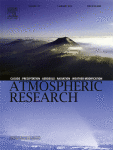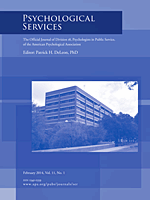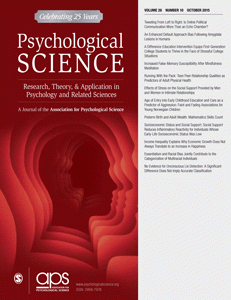 An incorrect proof has felled a math paper. There’s not too much to say in a straightforward situation like this one, which we’ve seen before — the result of honest errors, not any malfeasance.
An incorrect proof has felled a math paper. There’s not too much to say in a straightforward situation like this one, which we’ve seen before — the result of honest errors, not any malfeasance.
Here’s the abstract for “Spectral mapping theorem for generalized Kato spectrum:”
In this paper, we give an affirmative answer to Mbekhta’s conjecture (Mbekhta, 1990) about the pseudo Fredholm operators in Hilbert space. As a consequence, we characterize pseudo Fredholm operators and we prove that the generalized Kato spectrum satisfies the spectral mapping theorem in the Hilbert spaces setting.
The paper — published in the Journal of Mathematical Analysis and Applications — has been cited twice, according to Thomson Scientific’s Web of Knowledge.
Here’s the retraction note:
 This version of Hurricane Isaac —
This version of Hurricane Isaac — 



 The
The 
 A
A 